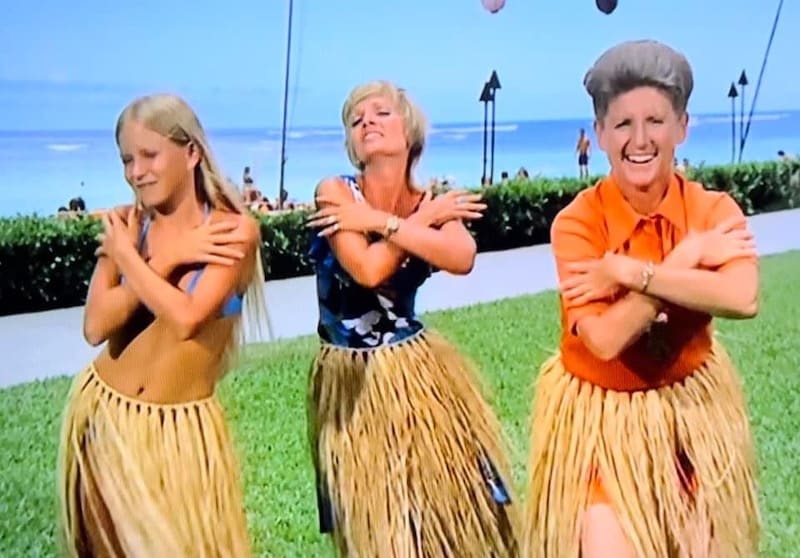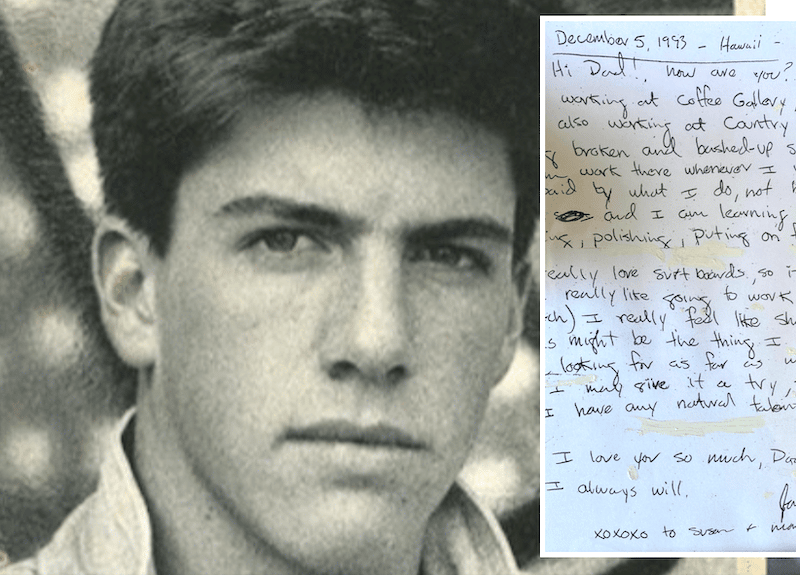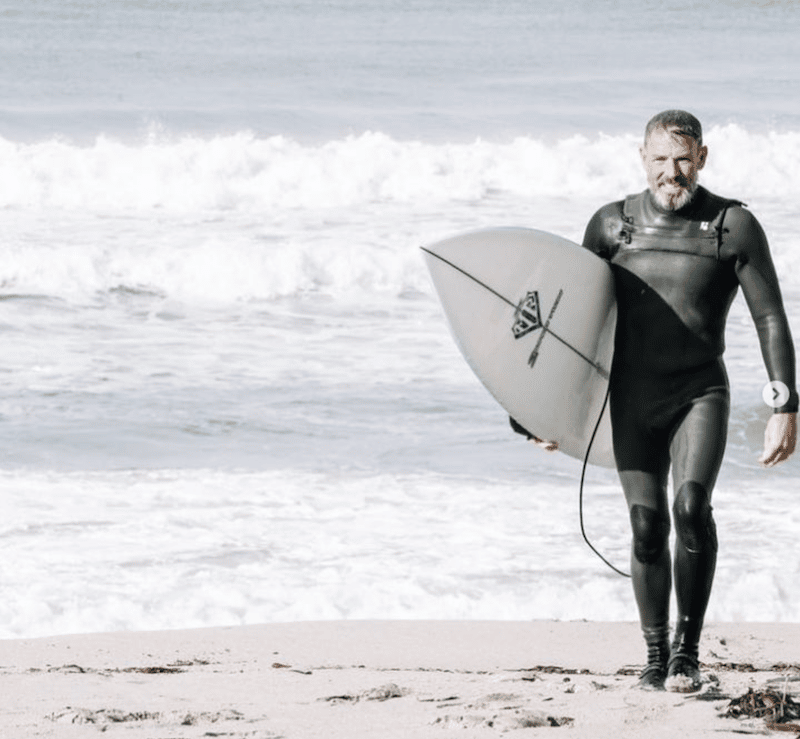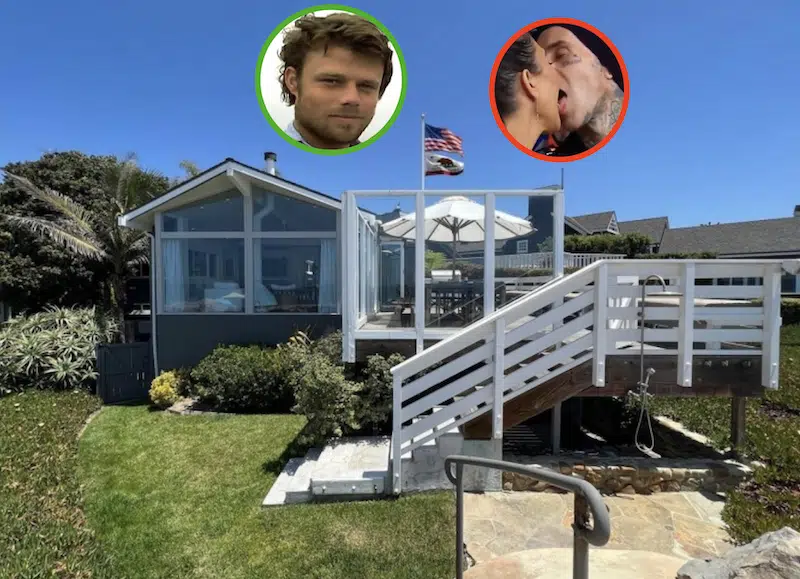Othering and microaggression.
It was only a matter of time and, honestly, a pure miracle that we have all gotten to enjoy the word “aloha” for so long. Gotten away wearing it on trucker hats, plastering it to the back of Teslas in sticker form, saying it to each other when landing at Honolulu’s Daniel K. Inouye International Airport smiles spreading across pasty faces in anticipation of that first Mai Tai.
A surprisingly long run but, alas, now officially over.
Into the cultural appropriation bin where it probably belonged all along.
Maile Arvin, director of Pacific Islands Studies at the University of Utah, explained to USA Today, “‘Aloha’ doesn’t just mean hello or goodbye. It’s a greeting or a farewell, but the meaning is deeper. One of my Hawaiian language teachers taught it to me as ‘Aloha means recognizing yourself in everyone and everything you meet.” And when non-natives use, it comes off as mockery.
Aloha isn’t the only word that we should keep out of our lily mouths, of course. The piece continues:
“We live in a multilingual world where we’re always influencing one another’s language practices hand where we might come into contact with a variety of terms or language practices that we have not grown up in,” says Nikki Lane, cultural and linguistic Anthropologist.
Intention matters most. Dropping an “hola” or “shalom” to someone you know who speaks Spanish or Hebrew, for example, isn’t something to worry about. Actively don a fake, exaggerated accent and say those words? Therein lies the problem.
Like saying “ni hao” to someone Asian-American who isn’t Chinese; this could be both othering and a microaggression.
So there you have it, amigos, I mean friends.
Nyet on dropping foreign words into bland English sentences.
Khalas.
Also, are you now considering applying to the School of Pacific Island Studies at the University of Utah in Salt Lake City?
Maybe you should.










